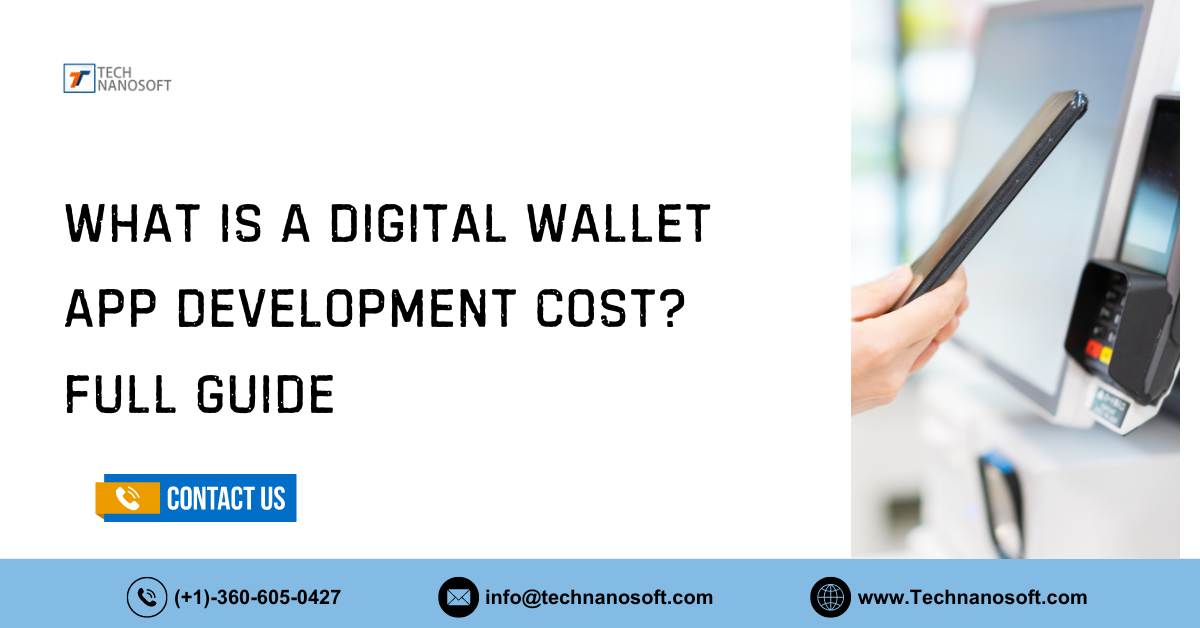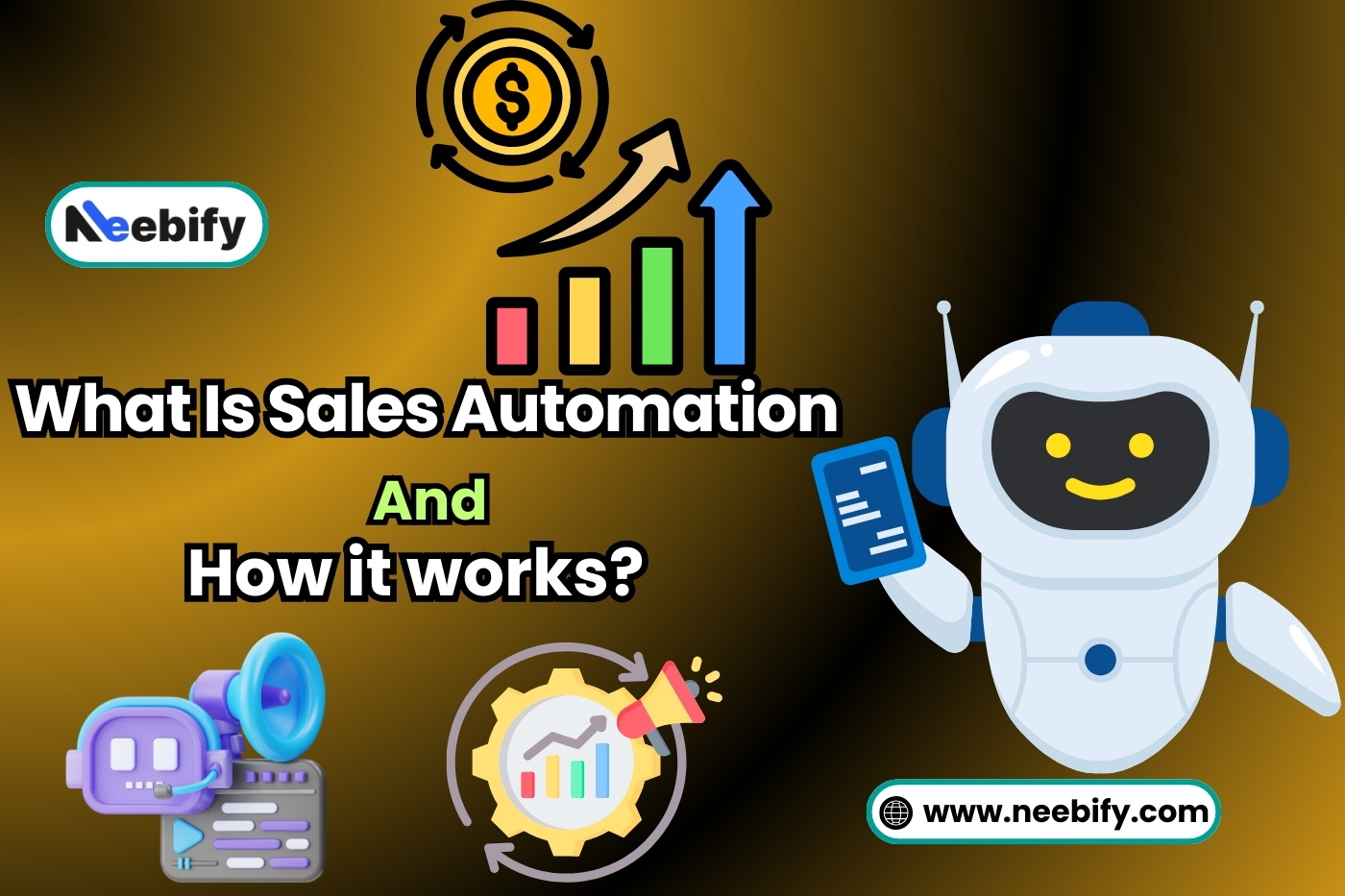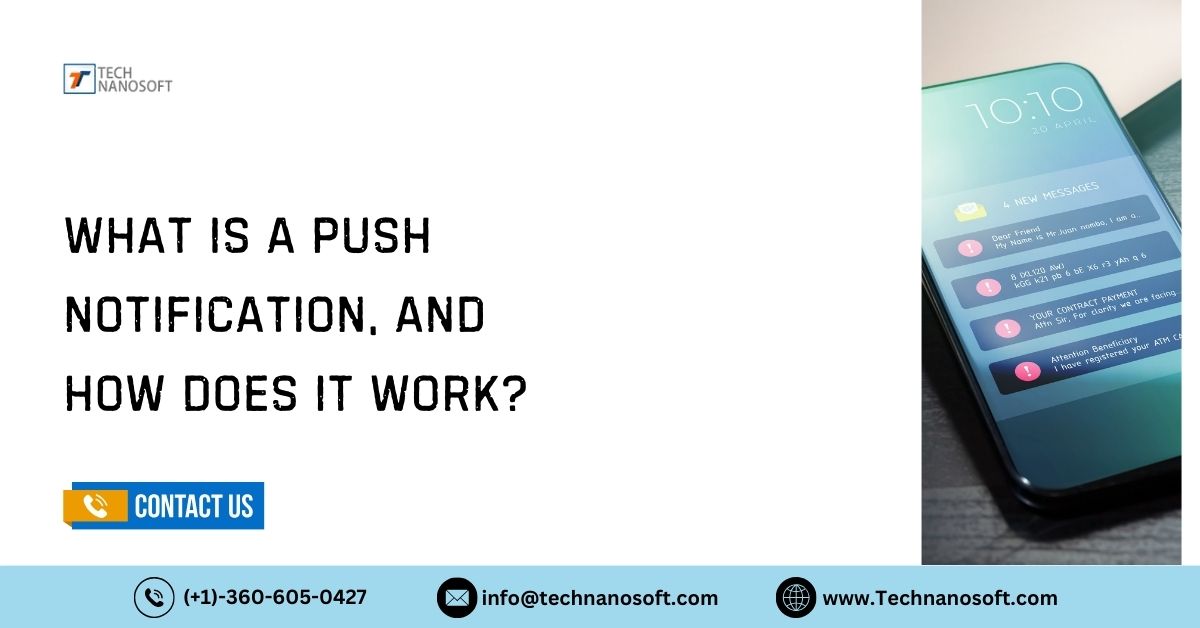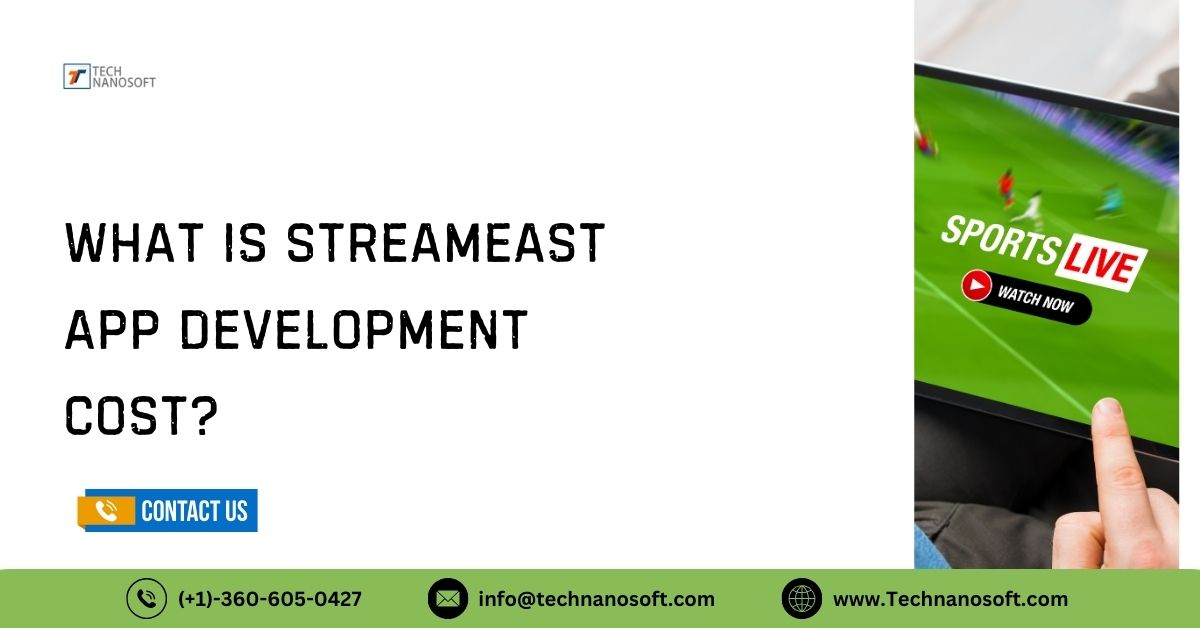What is a Digital Wallet App Development Cost? Full Guide

If you want to learn about digital wallets, read our complete guide. It define wallet transfers, what is digital wallet and how does it revolutionize payment methods. What qualities does a good digital wallet app need to have? What cutting-edge technologies allow digital change to happen?
We discuss the different types of virtual wallet and how to use them. These include cryptocurrency sites and mobile wallets. Please learn how to use different e-wallets and how much your app costs. Join us as we change how safe and easy it is to use digital banking.
What is e wallet?
Digital wallet, or e-wallet, are software that protects users' credit card numbers and passwords for many websites and payment methods. It makes it easy and quick for people to buy electronics. After setting up a wallet, users can link their bank accounts, credit or debit cards, and even cryptocurrency accounts to it. You can make purchases using the electronic wallet as a payment method.
The digital wallet then processes payments using secure information. You can also use NFC technology in digital wallets to pay for things wirelessly. This lets you shop quickly and safely. Digital wallets are safer than other payment methods because they have extra safety features like encryption and digital authentication. These features aim to build and improve our financial lives.
Biometric Authentication: Fingerprints or facial recognition are examples of biometric identification that ensure only authorized users can get into digital wallets. Users will trust you more.
Budgeting Tools: Users can keep track of their spending, set limits on how much they can spend, and get personalized information that helps them handle their money and make better choices.
Rewards Programs: When people use their digital wallets to buy things, they often have reward systems that give them cashback, savings, or loyalty points. These programs keep people interested and returning.
Cryptocurrency Support: Some digital wallets work with cryptocurrencies, which means people can use the same site to buy, sell, and keep digital assets. This provides people with more ways to spend their money and financial freedom.
Peer-to-Peer Payments: Digital wallets make it simple for people to send and receive cash. This is useful when friends and family must split bills or receive reimbursement.
Integration with Loyalty Programs: Because it works with existing loyalty programs, users can easily keep and receive digital copies of loyalty cards, coupons, and membership information. This makes it easier to earn rewards and is better for the user.
Split bills and group payments: A electronic wallet makes splitting bills and paying for things with a group more accessible. It also makes it easy for several people to share costs, such as when you go out to eat, do activities together, or share costs.
How Much Does It Cost To Build a Digital Wallet App?
What it costs to make a digital wallet app depends on many factors, including the platform, the features, how complicated the app is, and the development tools available. Between $10,000 and $50,000 could get you a simple digital wallet app with the most essential features, like the ability to handle digital payments and keep track of activities.
However, advanced apps can cost over $150,000. These apps have extra features like biometric identification, reward programs, and the ability to work with multiple payment methods. UI/UX design, backend technology, security measures, and ongoing maintenance are other things that make development more expensive.
What are Open Wallets, Semi-Closed Wallets, and Closed Wallets?
Open Wallet
One type of virtual wallet, an open wallet, enables users to purchase across numerous websites and physical stores. This is called an "open wallet." You can do many different things with your money if you have an open wallet from a bank or another banking company that works with a wallet service provider.
There are ATMs where users can get cash and stores that accept cards where users can buy things. This wallet type is extremely convenient and easy to use because it works with all types of money. Users can now access all of their funds and other banking services.
Semi-Closed Wallet
This digital wallet only works with a select group of businesses and service providers who have partnered with its creator to offer their services. It's useful, but you can't use it to take cash or give money to people outside the network. People can pay their bills, buy things, and sometimes use extra services like food or passes. Sending money within a limited network with a semi-closed wallet is easy and safe. The rest of the banking system can't see what users are doing.
Closed Wallet
An open wallet is a digital wallet that the customer can only use to make purchases on the services or sites of the company that provided it. This wallet usually only works with the company that gave it to the user. This means that users can only store money, buy things, and pay for services with that company.
Online shops and service providers, like Starbucks and Amazon Pay, are good examples. Closed wallets aim to improve the company's user experience by simplifying processes and providing incentives such as cashback or savings. Despite their inability to facilitate transactions outside of the company that issues them.
READ ALSO- Cost To Build Best Workout Apps Like Top Rated Apps
Technologies Like QR codes, NFC, and MST in E-wallet Apps
QR Code
QR codes, or Quick Response Codes, are flat bars that a smartphone camera can read. QR codes store information about how to pay, which makes transfers faster in digital wallets. People scan the code with their smart wallet, and the payment goes through immediately.
This method is safe because it allows you to protect the data inside the QR code so that only the right person can read it. This method is also applicable in a variety of settings. You can use it to pay for things in stores, online, and between people, all without any special hardware or face-to-face touch.
NFC (Near Field Communication)
Not more than a few centimeters apart, Near Field Communication (NFC) lets two devices safely talk to each other over a short distance. With an NFC card, you can buy things without touching them. People who want to make a purchase only need to tap an NFC-enabled device, such as a smartphone or smartwatch, against a station that functions with NFC.
This technology has encryption and often requires user identification, such as a fingerprint or PIN. This makes sure that digital payments are quick and safe. Many places use NFC, making paying for things easy and smooth.
MST (Magnetic Secure Transmission)
Magnetic Secure Transmission (MST) is a tool that makes digital wallets work like the magnetic stripe on a credit or debit card. When a user makes a payment, an MST-enabled machine emits a magnetic signal that mimics the swipe of an actual card at a traditional cash register.
In other words, people can pay with their digital wallets at older machines that don't have NFC. MST makes digital wallets more useful by letting them connect to more payment methods. Users won't have to buy new gear to pay in more places.
Types of Digital Wallets Based on Apps Availability
Mobile Wallet Apps
With apps like Apple Pay, Google Pay, and Samsung Pay, buying things with your phone is easier than ever. Near-field communication (NFC) technology in these apps lets people pay safely at many shops without touching the card reader. You don't need real cards or cash because they work with your current payment method.
They also have extra safety measures, such as tokenization, to protect your private payment data. Due to their widespread use and user-friendly interfaces, these tools are essential for individuals seeking to expedite and secure their financial transactions.
Peer-to-peer Payment Apps
PayPal and other peer-to-peer payment apps make it simple to send money to each other quickly. These apps help people split bills, share costs, and pay friends back by letting them send money straight from their linked bank accounts or stored balances.
They help people better manage their money by giving them tools like instant digital payments and keeping records of all transactions. Many peer-to-peer payment apps have fun features like notes and emojis that let users chat and connect while working.
Cryptocurrency Wallets
Companies like Coinbase and Blockchain.info run cryptocurrency wallets, making it safe and easy for people to store, buy, sell, and handle digital currencies like Ethereum and Bitcoin. To wallets incorporate extensive security measures and advanced encryption to safeguard users' assets and hidden keys from theft or unauthorized access.
They simplify buying and selling cryptocurrencies and monitor market trends. These wallets are essential for making cryptocurrencies more widely used. They make it easy for everyone to use, giving people more control over their money worldwide.
Prepaid Card Apps
Prepaid card apps like Cash App and NetSpend work like digital accounts, but they also allow users to use prepaid cards. This makes managing money easier and more flexible for users. Users can put money wallet on real or fake prepaid cards and then use them to do many things, like get cash from an ATM, buy things online, and pay their bills.
With tools like direct deposit, transaction tracking, and planning, prepaid card apps give users more control over how much they spend and how they handle their money. They can assist people who want to move their money wallet around more efficiently or find alternatives to standard banks.
Embark on Your eWallet App Development Journey with Technanosoft
These days, the digital world is changing quickly, necessitating the use of e-wallets for safe and easy money transfers. When making an eWallet app, TechnologySoft knows how to help you every step of the way. Our skilled team ensures that your app meets all the requirements for security and usefulness, from coming up with the idea to putting it into action.
Technanosoft bring your idea to life, whether it's a cryptocurrency wallet, a peer-to-peer payment tool, or a mobile wallet. Join us as we transform how people deal with money in the digital age.
FAQs About Ewallet Apps
Q.1- What is digital wallet?
A- A safe online tool called an eWallet, also known as a digital wallet, lets people keep, manage, and send different kinds of digital currency. With this digital wallet, you can pay for things, send money to others, and manage your money like a genuine wallet. You can use your computer or smartphone.
Q.2- Why would you want to use a digital wallet?
A- People use digital wallets to keep their payment information safe. This could be their credit or debit card numbers, bank account numbers, or Bitcoin keys. The wallet jumbles the data upon finalizing a transaction before forwarding it to the payment channel. After that, the payment gateway takes care of the process safely. With Near Field Communication (NFC), you don't have to touch your card reader to pay.
Q.3- What are the benefits of using a digital wallet?
A- Here are some benefits of using a digital wallet apps:
Ease: With their phones or computers, people can pay anywhere and anytime.
Safety: Digital wallets use encryption and identification to keep their users' financial information safe.
Speed: We handle transactions immediately, saving you time compared to other payment methods.
Accessibility: Digital wallets store multiple payment methods, making switching easy.
Budgeting: Many digital wallets have tools that help users keep track of their spending, set limits on how much they can spend, and organize their transfers. This makes it easier for them to manage their money.









